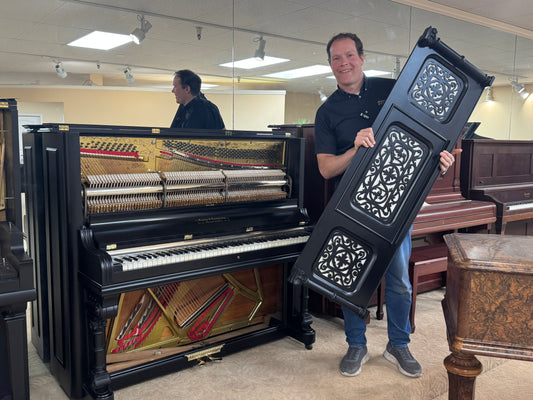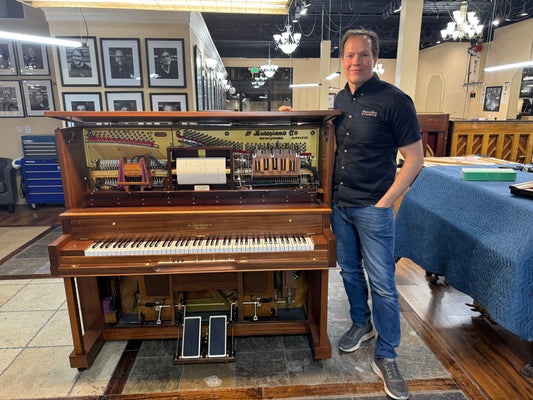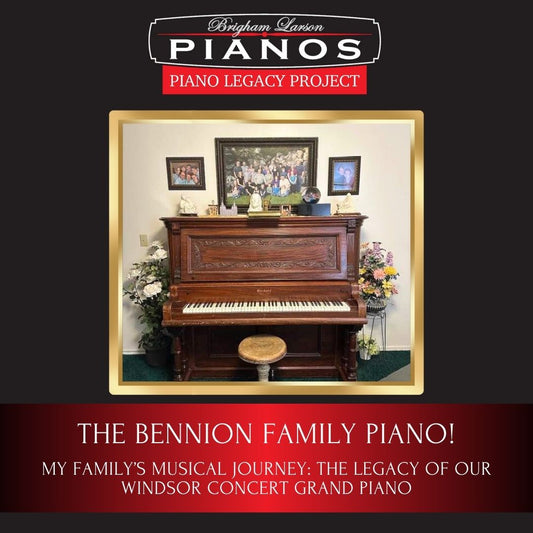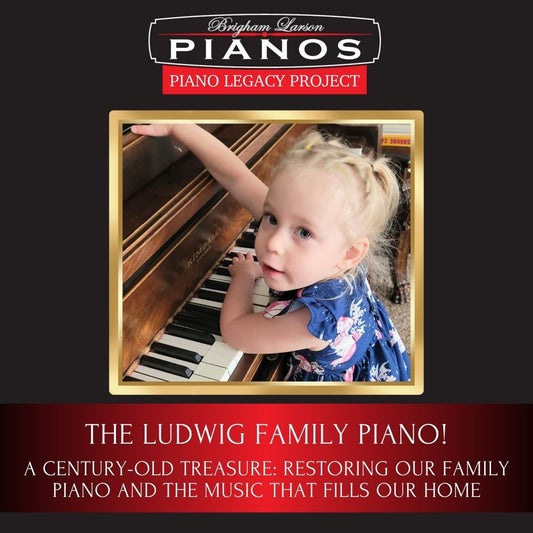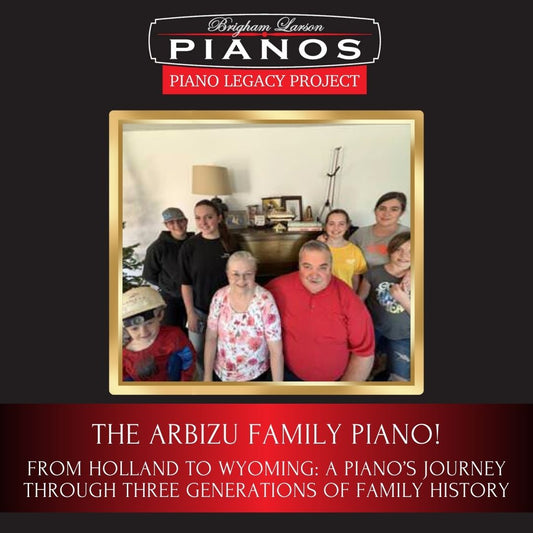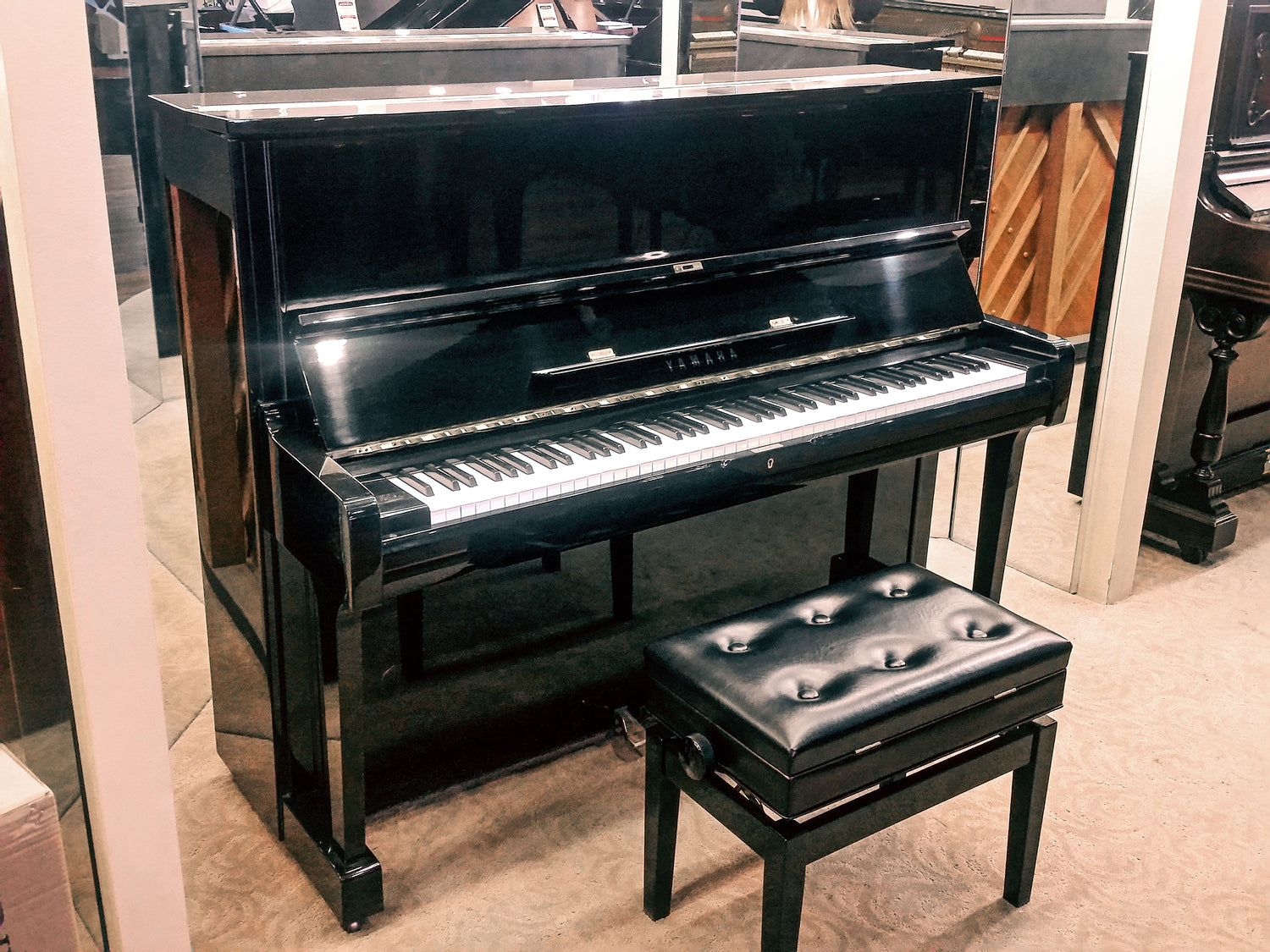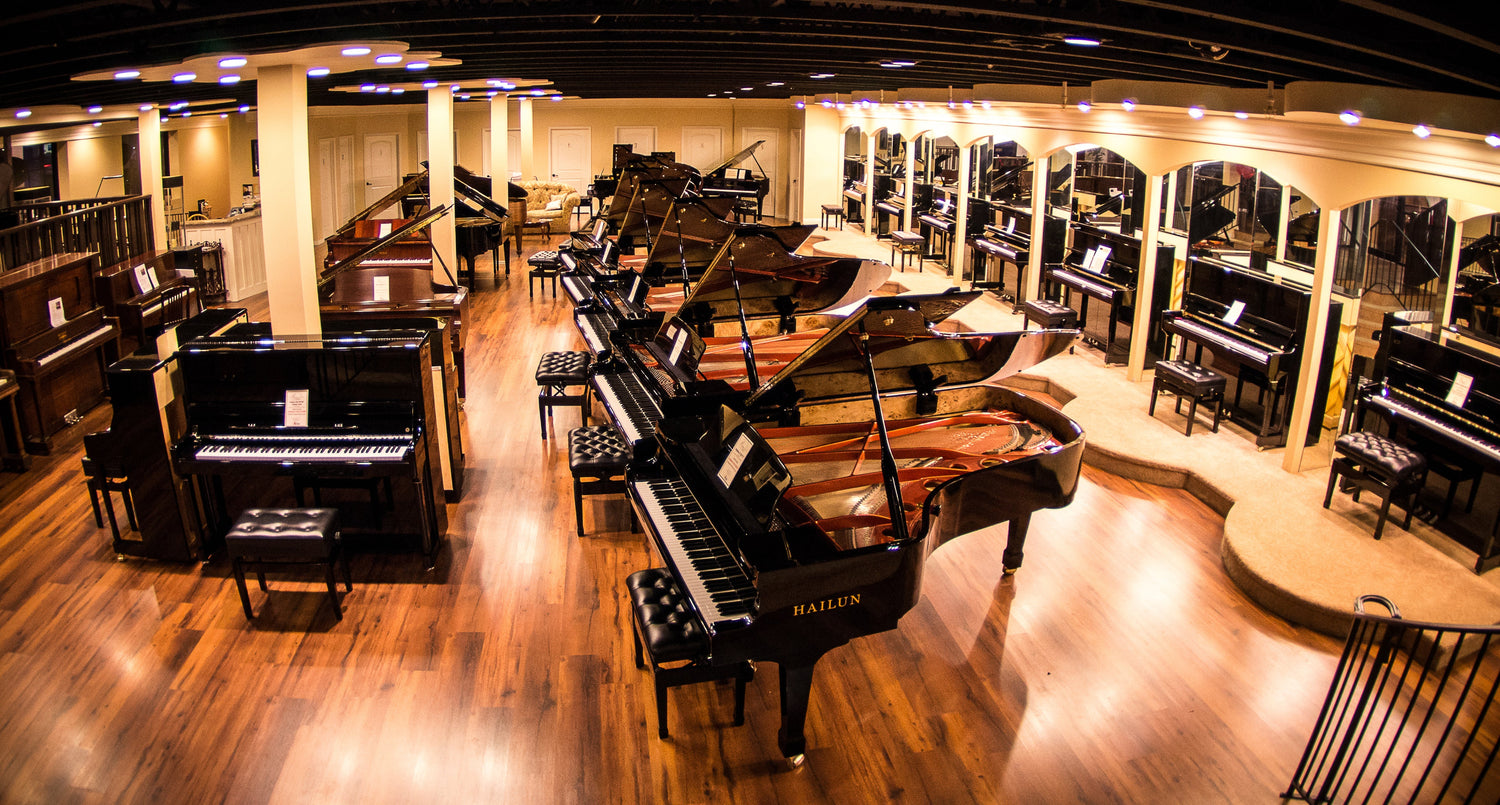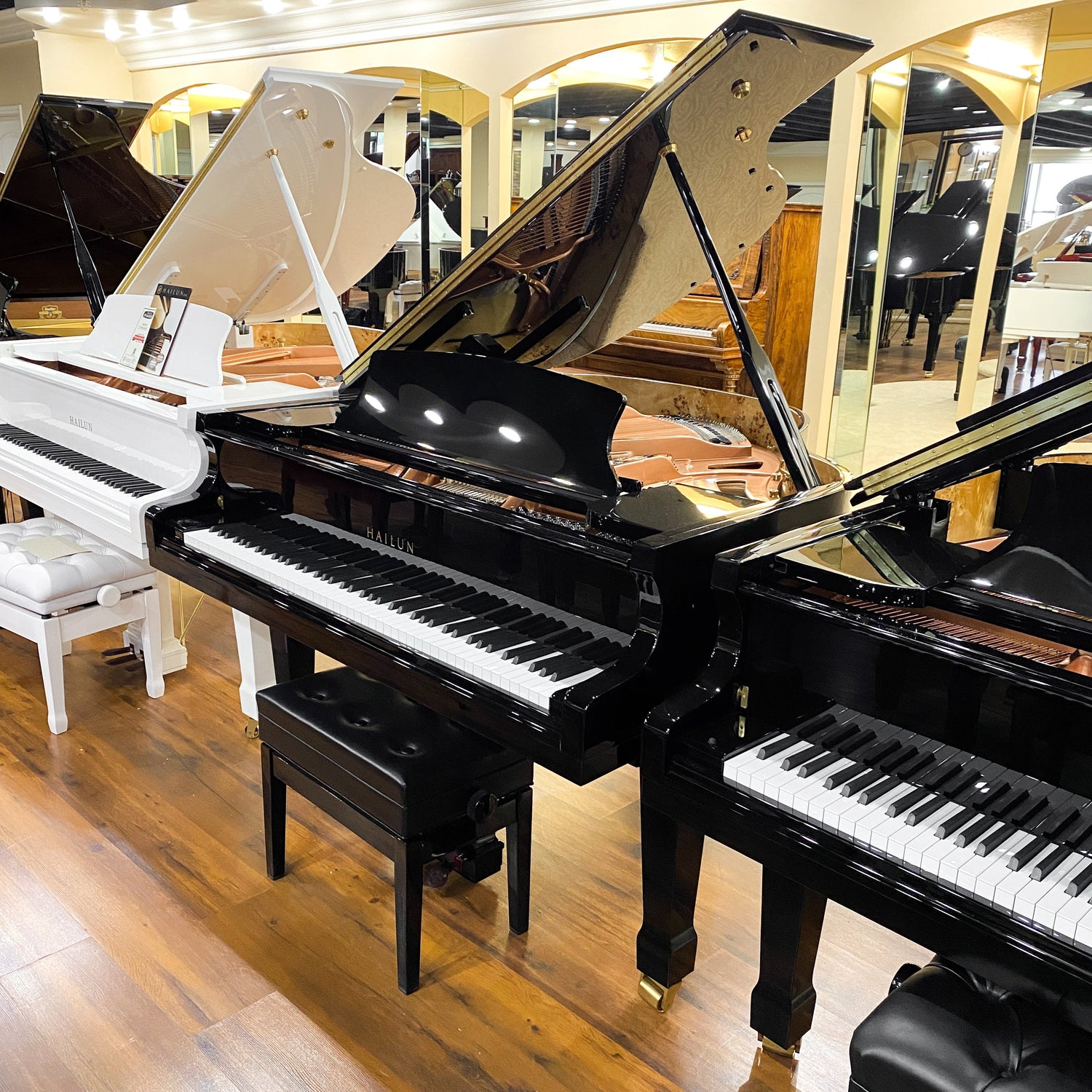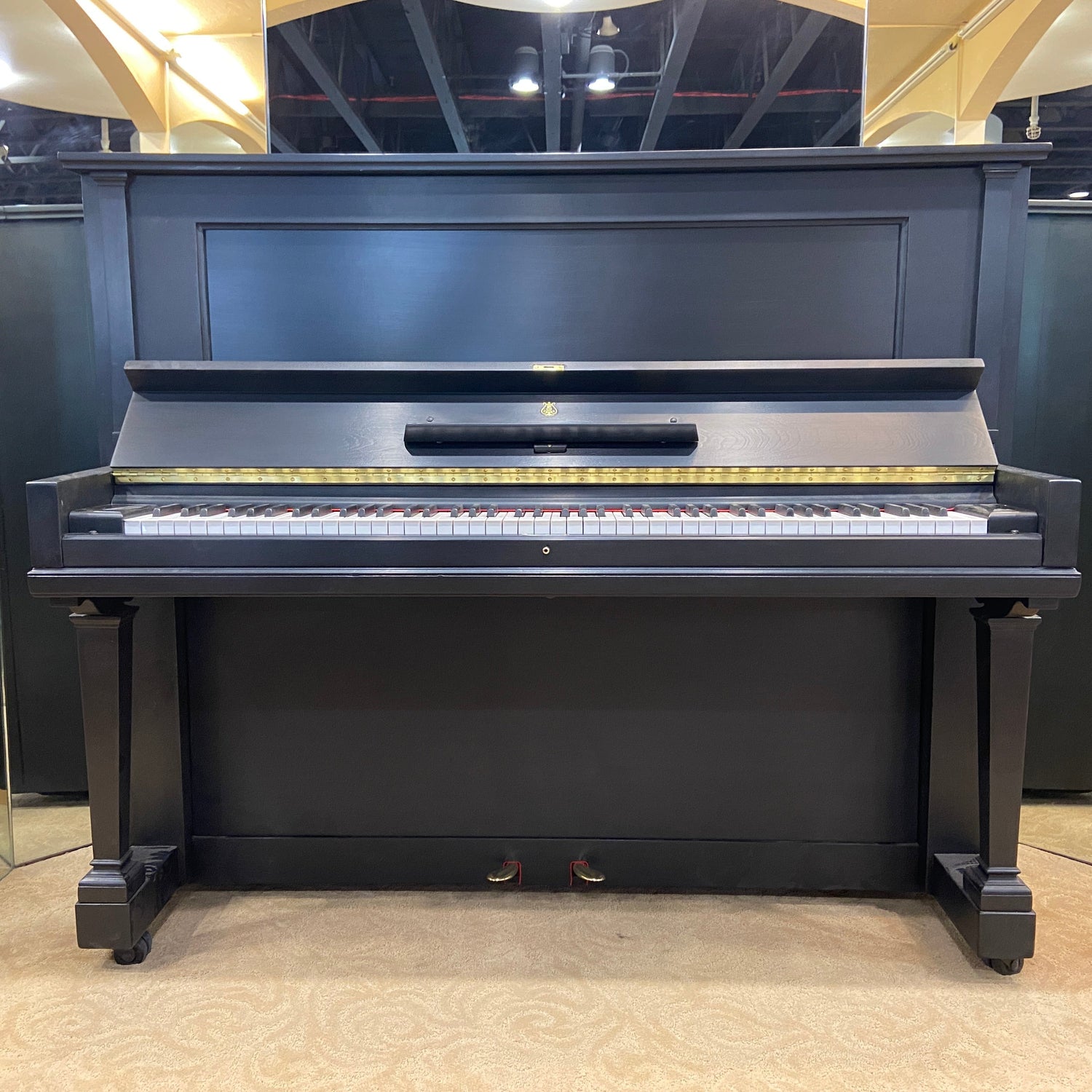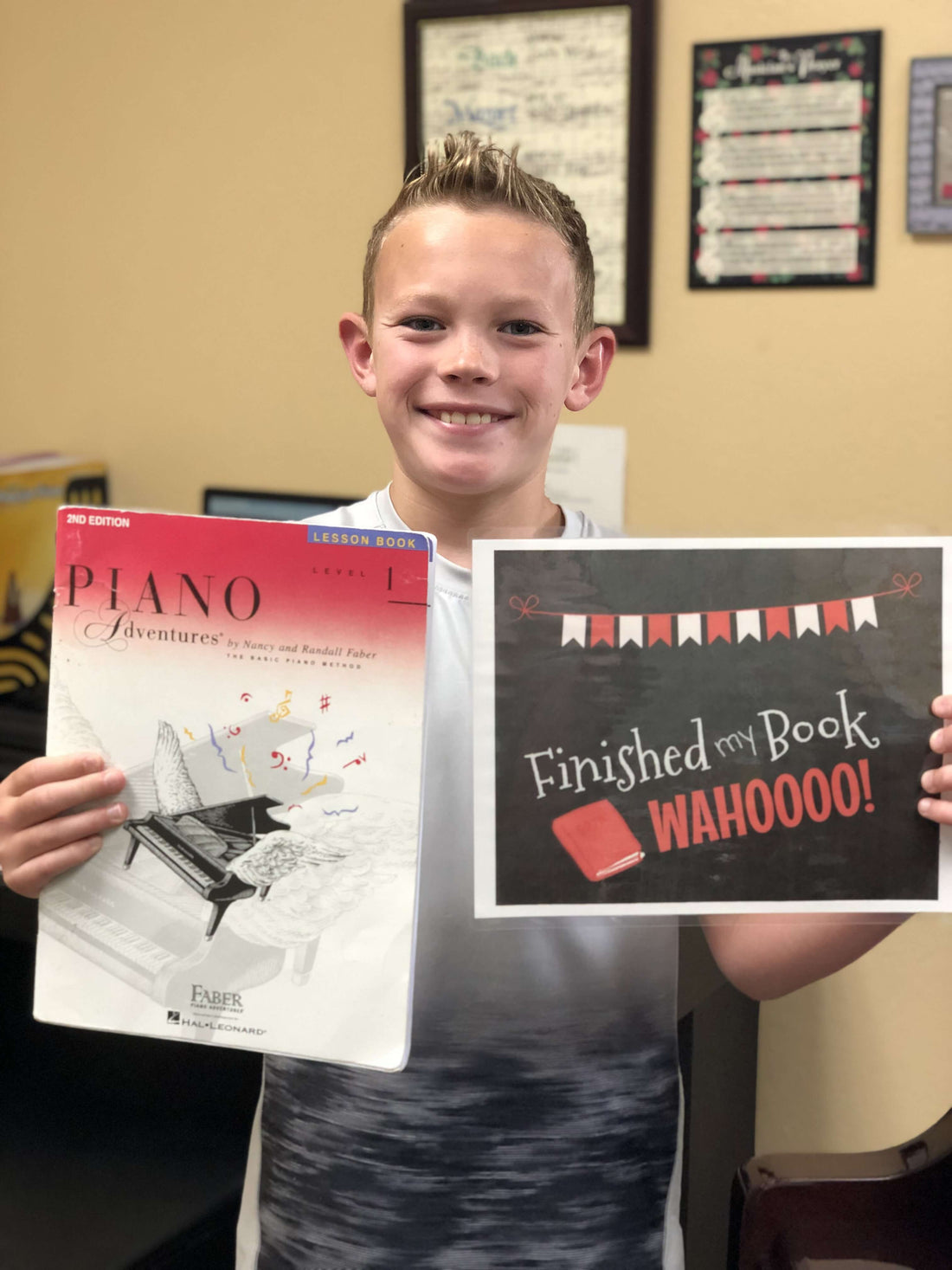
Faculty Post: Why Music?
Karmel LarsonShare
One of my most influential professors taught me that we should always look at education from a womb to tomb approach. What can we teach young people (younger people than me) that will be most important to them throughout their lives? Going into college I took for granted that music was of one of those things that children should learn. Why not? I liked it! Leaving college, I don't take it for granted, I am sure of it. Music is an integral part of culture and society. It regulates mood. It helps us learn. I could go on naming some of the functions of music. This blog post is not aimed to convince you that music education is important. You are already reading this blog post after all. The important thing is understanding how to teach it in a way that will have a lasting impact.
Many people feel they are not musical because they can't __. Play an instrument or sing in tune is usually the excuse people give. This is looking at it too narrowly. I always joke that my mission is to teach students to sing Happy Birthday to their grandmothers in tune, but what if they could compose a song for their grandmother? What about going to a concert in the park with their grandmother and having a meaningful conversation with her about it afterwards? Do they clap along with the crowd on beats 2 and 4? Teaching students to create, perform, respond, and connect music to other domains is what drives me to be a music teacher. Maybe you are more musical than you realize. Hopefully you had a well rounded music education and you know what aspect of music interests you. Cultivate that.
In order to give students a well rounded education that can be meaningful throughout their lives, I chose to major in General Music Education. Working in the theory lab at the Utah Piano Conservatory is a dream job because I can help students develop music literacy. Instead of just telling them answers, we play them on the piano or sing them. Then I make sure that they do a variety of activities, because some are targeted at learning music history, some at training their ears, and some at learning the fundamentals that will allow them to perform and even compose.
We music teachers can't be held entirely responsible for your children's education though! We can teach the principles, but students need to apply them. So do parents and grandmas. Go to concerts at a University Campus. Talk about your favorite film scores after you go to a movie. Write a family theme song for a reunion. Sing in the shower. Show by example that making music a part of your life enriches it.
-- Camille Strahl, UPC Faculty Member


